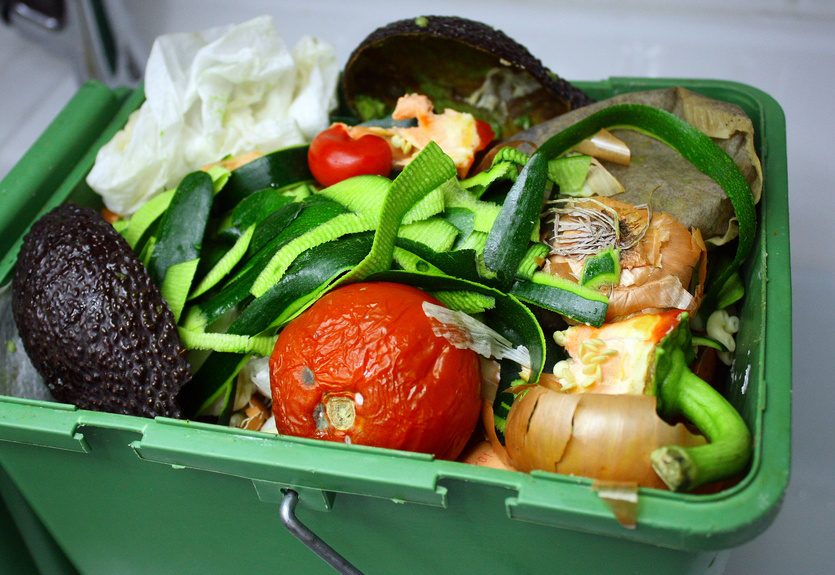El waste management plan is a prerequisite included in the HACCP (We will explain later). This prerequisite is mandatory for all companies and its main objective is minimize the environmental impact of waste. It also helps reduce food waste. Therefore, it is a plan with great ethical concerns. First of all, for our planet, where we live and how well it feeds us. And, secondly, out of respect for all those people who they have nothing to put in their mouths. Keep reading!
What is HACCP? What is it for?
What is the HACCP? Surely if you work in the food industry you will know what we are talking about. However, many consumers are unaware of its meaning and usefulness. But that's what we are for! HACCP (Hazard Analysis and Critical Control Points) It is a mandatory document for any food company (catering, industry, catering, etc.) in force since the year 2004. This system ensures food safety by reducing the chances of food poisoning. As well as minimizing the risks of food contamination.

Its origin is in the space missions of the NASA and jumped into the field of food as a result of the crisis of Crazy cows. Since that time, several countries have included this system in their laws, as it is very useful. All HACCP have several prerequisites, These are minimum hygiene conditions, such as water control, cleaning of facilities, Training Plan, Good Hygiene Practices Plan, etc. Among them stands out for its novelty y obligatory el Waste management plan.
HACCP Prerequisite: Waste Management Plan
Not all the prerequisites are mandatory, however, the Waste Management Plan is. What are its objectives? The plan has several very clear purposes. In the first place, avoid that the residues or by-products from the daily activity of the company can contaminate the food, putting at risk the food safety. In second place, minimize environmental impact of waste. And thirdly, avoid as much as possible el food waste (question on which we have talked a lot).
To reduce food waste we must avoid a excessive generation of waste. That is, try not to make food too much or too high. Here it is not worth the "Better than missing." Try to adapt to the demand of the restaurant, for example.
However, for example, Catalonia has implemented the 3 / 2020 of the Winners will be announced in March de prevention of food losses and waste. Through this law, catering establishments are obliged to offer the customer a way to take home the food that has been left over. It is a good idea, however it should be noted that this is something that many restaurants already carry out without having to be obliged.
See this post on Instagram
Identify what can and cannot be recycled. We know that the materials that establishments generate the most are: plastic, glass, steel, aluminum, paper and cardboard. If we observe that our activity generates waste that is difficult to eliminate, such as plastic, we must consider: change providers o change the offer of our products. Another of the most important points of the Waste Management Plan in addition to separating waste by organic, glass, plastic and paper or cardboard is oil.
Waste management: oil
Restaurants use a lot of oil and often reuse it, but the most normal and appropriate thing is to constantly renew it. This practice generates liters and liters of oil that we discard. And, in restaurants it is very common to use fryers to make frying. Therefore, some of the options are use a meter to know to what extent is the oil reusable. For this question the plan harbors an obligation. All companies must have a authorized supplier to manage this waste to ensure its correct recycling.
♻️ Recycling household oil is essential for the environment because its polluting capacity is very high.
🟢 You can do it in urban oil containers, ecopoints or clean points.
🟢 More information: https://t.co/i3A3UBONuw#Cumple #TogetherWeCareSevilla pic.twitter.com/ixwcNJphTC- Seville City Council (@Ayto_Sevilla) November 9, 2021
In addition to the points explained in this article, the plan includes the correct choice of products and processes (biodegradable packaging, compostable bags, water recycling, etc.), identification of the storage conditions, specification for the waste removal, breakdown de verification activities, etc. This is an excellent idea to us, as long as a flexible margin is provided for food businesses to adapt. It's a simple change what will it entail a great change. And you, What do you think?
,







